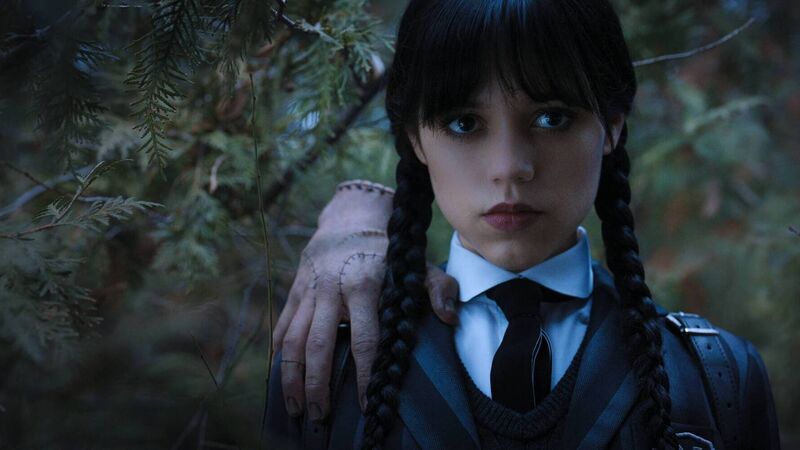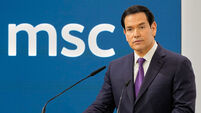ieExplains: How would a 100% tariff on foreign-made films impact Ireland's economy?

Wednesday. (L to R) Thing, Jenna Ortega as Wednesday Addams in episode 104 of Wednesday. Cr. Courtesy of Netflix © 2022
Ireland has once again found itself in the crosshairs of US President Donald Trump's punitive tariff policies, with fresh concerns emerging around proposed levies on Ireland's growing film industry.
In a bid to combat what he has called a "dying" American film industry, Mr Trump has threatened levies of 100% on films made outside of the US, but did not elaborate on how tariffs might be applied or who specifically they would target.














